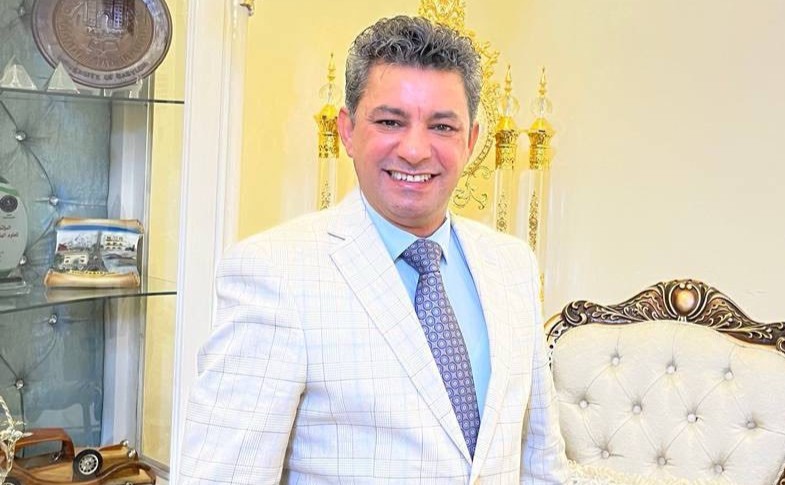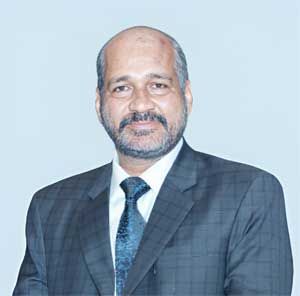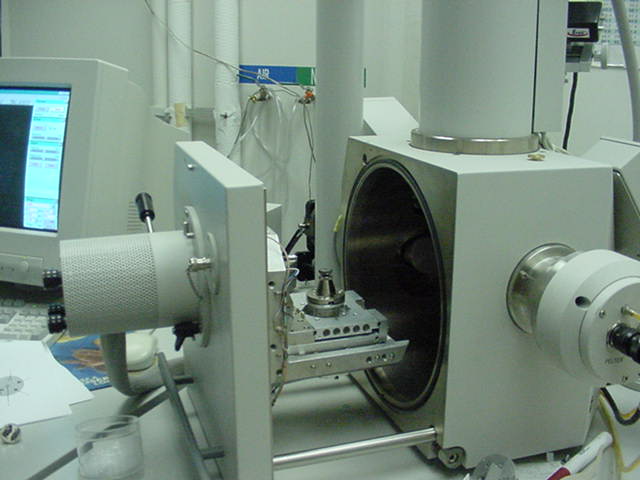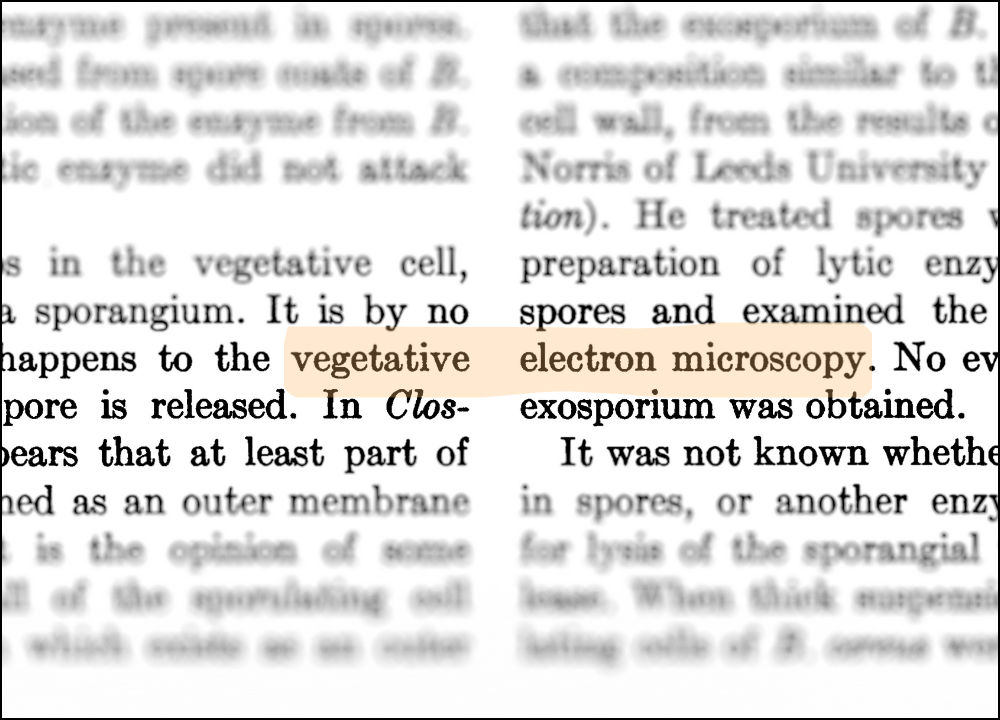A high-ranking official at Iraq’s Ministry of Higher Education and Scientific Research has earned six retractions over the past two years for issues including citation stuffing and “suspicious” authorship changes after articles were accepted.
Both practices are warning signs of a paper mill at play. At least two of the official’s retracted works appeared in a special issue edited by an academic who has been accused of being part of authorship-for-sale networks.
But Hayder Abed Dhahad, Iraq’s deputy minister for scientific research affairs, who was a corresponding author on two of the articles and a coauthor on the rest, told us the “retractions were not due to fabricated results or research misconduct on my part.” He added that “as a public figure currently involved in national projects,” he had been the target of “politically motivated campaigns aimed at damaging my reputation.”
Continue reading Deputy minister in Iraq losing papers with signs of paper mill involvement








